May is Mental Health Awareness Month
Mental health is talked about now more than ever before, but what is mental health exactly? How do we know if we have pretty good mental health, the same way we know if we have pretty good physical health? In this blog, we are going to dive into mental health and unpack it a little bit.
photo by Ümit Bulut
Mental health refers to a person's overall psychological well-being, including their ability to cope with stress, manage emotions, and function in their daily life. It encompasses a wide range of factors that can influence a person's mental state, including biological, psychological, and social factors. Mental health can be affected by a variety of factors, including life experiences, genetic factors, and environmental factors. Mental health conditions or disorders can range from mild to severe and can impact a person's ability to think, feel, and behave in a way that is considered normal or healthy.
It is important to prioritize mental health and take steps to maintain it, such as seeking professional help when needed, practicing self-care, and developing healthy coping mechanisms. Good mental health is essential for overall well-being and can have a positive impact on many areas of life, including work, relationships, and physical health. Knowing the state of our mental health, begins with self-awareness. Self-awareness is an essential component of maintaining good mental health. We need to be aware of how we are feeling in our mind and body, to know what we need to support ourselves.
Being self-aware allows us to identify the things that trigger negative emotions, thoughts, or behaviors. This awareness can help manage our response to those triggers and prevent mental health problems from arising. Self-awareness enables us to recognize the early warning signs of mental health problems. This awareness can help us seek help early and prevent more severe symptoms from developing. Additionally, being self-aware allows a person to understand their emotions and how they affect their behavior. This awareness can help them manage their emotions more effectively and prevent negative emotions from escalating. Lastly, self-awareness enables us to recognize when we need to take a break and prioritize self-care. This awareness can help prevent burnout and improve overall mental health and well-being.
photo by madison lavern
Proactively taking care of our mental health means taking steps to overall well-being. Here are some proactive ways to take care of your mental health:
Practice self-care: Taking care of your physical health is essential for good mental health. The mind and body are connected. Essentially, we can view self-care more like self-retrieval – you are coming back to yourself.
Manage stress: Learn healthy ways to manage stress, such as practicing mindfulness or meditation, deep breathing exercises, or yoga.
Build healthy relationships: Connect with others and build a support system of friends and family who you can rely on for emotional support.
Set realistic goals: Set goals that are achievable and prioritize tasks to reduce feelings of overwhelm.
Prioritize time for enjoyable activities: Make time for activities that bring you joy, such as hobbies, creative pursuits, or spending time outdoors.
Stay connected with loved ones: Maintain relationships with people who are important to you and take the time to connect regularly.
Seek help when needed: If you are struggling with your mental health, seek help from a mental health professional. Therapy, medication, or a combination of both can be helpful for many mental health conditions.
photo by Darius Bashar
Mental health is an essential component of overall whole person health. Whole person health refers to an approach to health and wellness that recognizes the interconnectedness of various aspects of a person's life, including physical, mental, emotional, social, and spiritual well-being. It takes into account the whole person, not just specific health conditions or symptoms, and considers the person's unique needs, goals, and preferences. It recognizes that optimal health and well-being require a balance of physical, mental, and emotional health, healthy relationships, and a sense of purpose or meaning in life.
A person's mental health can influence their physical health and vice versa. For example:
Mental health can impact physical health: Mental health conditions such as depression, anxiety, or stress can impact a person's physical health. These conditions can lead to changes in sleep, appetite, energy levels, and other physical symptoms.
Physical health can impact mental health: Physical health conditions or chronic illnesses can impact a person's mental health. For example, chronic pain or disability can lead to depression or anxiety.
Mental health can impact social health: Mental health conditions can impact a person's ability to maintain healthy relationships and social connections, which can impact overall well-being.
Social health can impact mental health: Positive social relationships and social support can have a positive impact on mental health and overall well-being.
photo by Isaac Wendland
In summary, mental health is an essential component of overall whole person health. Prioritizing mental health can lead to better physical health, social health, and overall well-being. Remember, taking proactive steps to care for your mental health is an ongoing process that requires effort and attention. By prioritizing your mental health, you can improve your overall well-being and live a happier, healthier life.
By being self-aware, it is easier to identify triggers, recognize warning signs, understand emotions, improve communication, and promote self-care, all of which can help prevent mental health problems from arising and promote overall well-being. Focusing on whole person health is an approach to health and wellness that recognizes the interconnectedness of various aspects of a person's life and aims to support optimal health and well-being through an integrated approach to health care. Lastly, please remember that life is constant, not static. Our mental health state ebbs and flows, the practice is to learn how to come back to our middle ground.
cover photo by Emma Simpson




